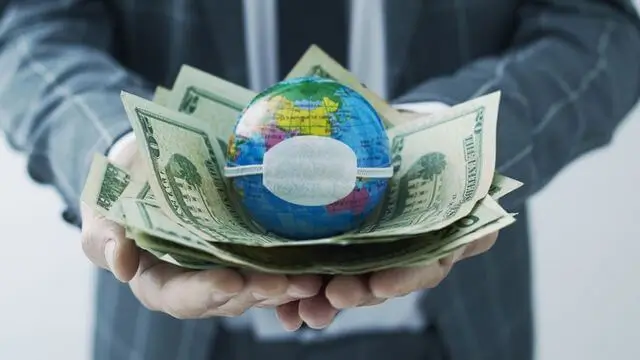For decades, the world’s energy situation has been in a state of flux, with concerns about fossil fuel depletion, climate change, and energy security dominating discussions. Developing states have faced mounting debt issues as they struggle to transition to more sustainable and affordable sources of energy, making this situation a pressing issue for policymakers, energy experts, and investors worldwide.
Energy debt is particularly acute in developing states, where access to affordable energy is often limited. According to the International Energy Agency (IEA), approximately 785 million people worldwide lack access to electricity, while nearly 2.6 billion people rely on traditional biomass for cooking and heating. In many developing countries, energy poverty is a significant barrier to economic growth and social development, hindering industrialization, limiting access to education and healthcare, and perpetuating poverty.
However, many developing states are also facing a growing debt crisis, with public debt levels rising to unsustainable levels. The COVID-19 pandemic has exacerbated this problem, with many countries experiencing a sharp contraction in economic growth and rising levels of debt. The International Monetary Fund (IMF) predicts that developing countries’ public debt levels will reach 55% of GDP by the end of 2021, up from 40% in 2019. This high level of debt makes it difficult for these countries to finance critical infrastructure projects, including those related to energy.
One of the main challenges for developing states is the transition to more sustainable sources of energy. While renewable energy technologies have become increasingly affordable and accessible, they still require significant upfront investment. The cost of transitioning to renewable energy is prohibitively high for many developing countries, particularly when compared to the cost of fossil fuels. As a result, many countries continue to rely on fossil fuels, even as they recognize the long-term costs of such a strategy.
Fossil fuel dependency also exposes developing states to volatile international markets and geopolitical risks. As the world shifts towards more sustainable sources of energy, demand for fossil fuels is likely to decline, potentially leading to a collapse in prices, which could be catastrophic for countries that rely on exports of oil, gas, and coal as their primary source of revenue. Additionally, geopolitical risks, such as trade disputes, political instability, and military conflicts, can disrupt energy supplies, leading to price spikes and supply shortages.
To address these challenges, policymakers and energy experts must work together to develop comprehensive strategies for transitioning to more sustainable and affordable sources of energy. This strategy should include measures to reduce energy poverty, increase investment in renewable energy, and promote energy efficiency. Governments must also create an enabling environment for private sector investment by implementing policies and regulations that promote renewable energy development.
In addition to government action, international financial institutions, such as the World Bank and the IMF, must play a more significant role in addressing the debt crisis facing developing countries. These institutions can provide financial support and technical assistance to help countries finance critical infrastructure projects, including those related to energy. They can also work to restructure and forgive debt where necessary, enabling countries to invest in sustainable and equitable development.
Finally, investors must recognize the long-term risks associated with fossil fuel investments and transition towards more sustainable options. Institutional investors, including pension funds and sovereign wealth funds, can play a crucial role in this transition by allocating capital towards renewable energy and energy efficiency projects. They can also work to engage with fossil fuel companies, encouraging them to transition towards more sustainable business models.
To conclude, the global energy situation and the debt crisis facing developing states demand urgent attention from policymakers, energy experts, and investors worldwide. Addressing these challenges will require a comprehensive and coordinated approach, including measures to reduce energy poverty, increase investment in renewable energy, and promote energy efficiency.









